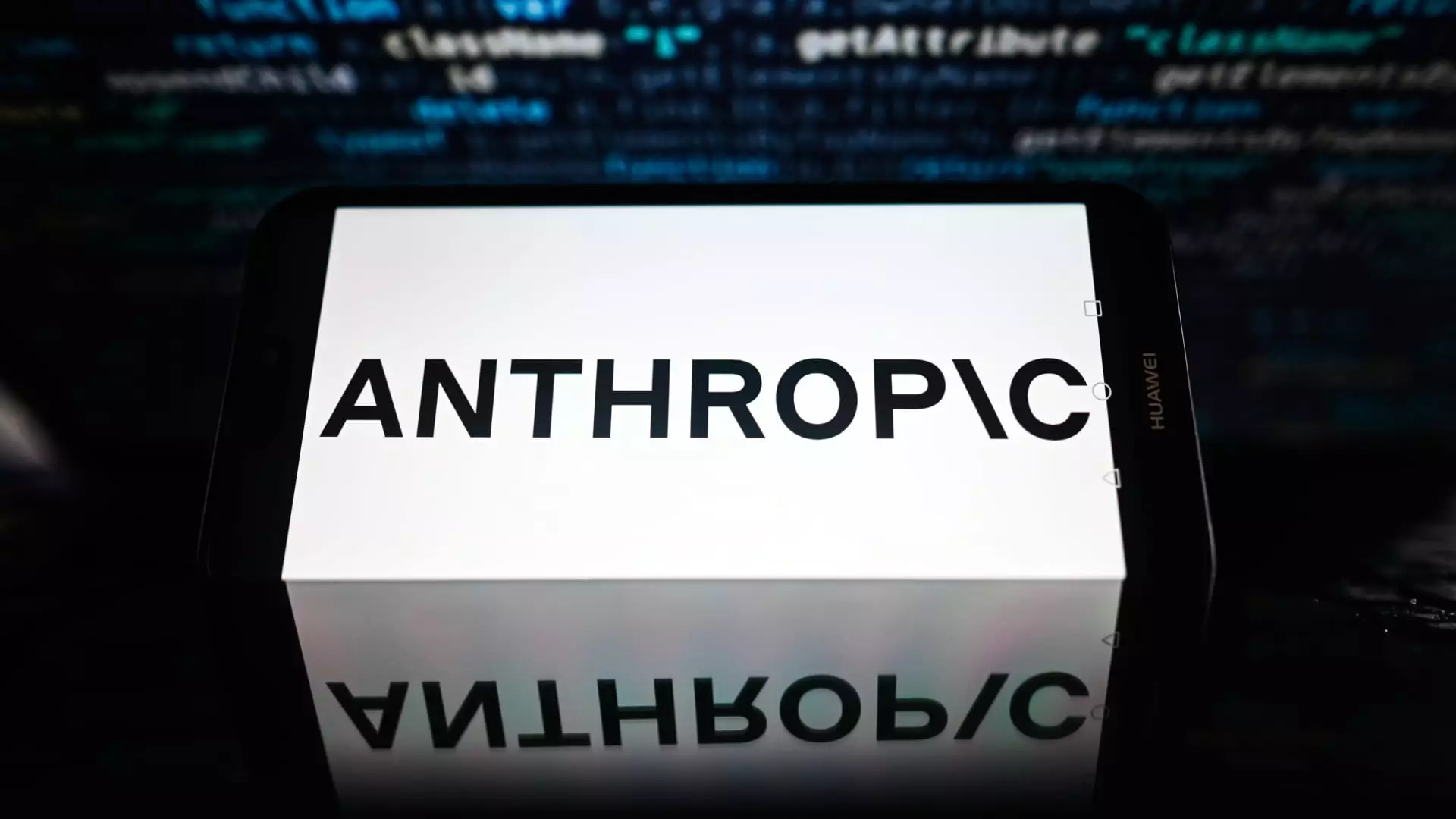Anthropic made a significant stride on Monday with the release of Claude 3, a collection of artificial intelligence models that are being hailed as the fastest and most powerful to date. Within this suite, three key models stand out: Claude 3 Opus, Sonnet, and Haiku. Claude 3 Opus, the most advanced of the trio, has demonstrated superior performance to industry benchmarks, outshining OpenAI’s GPT-4 and Google’s Gemini Ultra in various tests such as undergraduate knowledge, graduate reasoning, and basic mathematics.
One notable feature of Claude 3 is its introduction of multimodal support, enabling users to analyze and receive answers on a diverse range of unstructured data. This includes the ability to upload images, charts, and documents for thorough analysis. The suite also offers compact and cost-effective alternatives in the form of Sonnet and Haiku, complementing the powerhouse Opus model. While Sonnet and Opus are already available across 159 countries as of Monday, the release of Haiku is on the horizon according to Anthropic.
Reflecting on the company’s trajectory, Anthropic has undergone a remarkable transformation in the span of a year. Initially regarded as a promising generative AI startup led by former OpenAI research executives, the company has since evolved into a leading player in the AI landscape. Backed by heavyweight investors like Google, Salesforce, and Amazon, Anthropic now boasts a product that competes directly with established players like ChatGPT in both consumer and enterprise sectors.
The meteoric rise of Anthropic is further underscored by its financial achievements. Over the past year, the company has secured a total of five funding deals amounting to a staggering $7.3 billion. This trajectory mirrors the broader trend within the generative AI field, which witnessed a record-breaking $29.1 billion invested across nearly 700 deals in 2023, representing a significant surge from previous years.
While the proliferation of generative AI has garnered widespread attention and adoption, it has also raised ethical concerns regarding bias propagation. Despite these apprehensions, the technology has found its way into various sectors ranging from education to healthcare and advertising. Anthropic’s proactive approach towards safety and capability is exemplified by its emphasis on ensuring that models like Claude 3 strike a balance between effectiveness and ethical use.
As AI models become increasingly sophisticated and incorporate multimodal capabilities, the potential risks associated with their use have also escalated. Google’s recent decision to sideline its AI image generator due to inaccuracies underscores the importance of careful integration and oversight. In contrast, Anthropic’s Claude 3 focuses on enabling users to upload images for analysis rather than generating them internally, emphasizing the importance of accountability and transparency in AI development.
The introduction of Claude 3 by Anthropic marks a significant milestone in the realm of artificial intelligence, showcasing the company’s commitment to innovation and ethical AI deployment. With its suite of models catering to diverse needs and its evolution into a key player in the industry, Anthropic is poised to shape the future of AI technology and drive further advancements in the field.

